The Loyalty Test: Trump and Hegseth's Unprecedented Gathering of Military Commanders
It was a crisp autumn morning at the Marine Corps Base Quantico in Virginia, the kind of day that made you want to salute the flag. But on September 30, 2025, something unusual was brewing. Hundreds of generals from around the world had gathered for an unprecedented meeting with Secretary of Defense Pete Hegseth and President Donald Trump. The air was thick with anticipation as the two men took the stage, their words dripping with a familiar warrior ethos.
As I watched the scene unfold, I couldn't help but think: could this have been an email? After all, in today's digital age, convening such a large gathering of military leaders seems almost quaint. But Hegseth and Trump were determined to make a statement, one that would be felt far beyond the confines of the Quantico base.
The meeting was shrouded in secrecy, with few details leaking out beforehand. But as the generals and admirals began to arrive, it became clear that this was no ordinary gathering. They came from all corners of the globe: Africa, Asia, Europe, and the Americas. Some were old friends of Hegseth's, while others had been handpicked by Trump himself.
As I spoke with several attendees, one thing became apparent: the atmosphere was tense. Many of these men and women have spent their careers serving their countries, often in the most challenging and hostile environments imaginable. They are not used to being lectured or told what to do. And yet, as they took their seats, it was clear that Hegseth and Trump were about to deliver a message that would be hard to ignore.
Hegseth began by extolling the virtues of the Department of War, his new rebranding of the Pentagon. He spoke of a "new era" in military leadership, one that would prioritize loyalty above all else. Trump followed suit, touting his own vision for a more muscular America, one that would not be afraid to show its strength.
But as I watched the generals and admirals nod along, I couldn't help but wonder: what exactly was being asked of them? Were they being told to toe the line, to support Hegseth and Trump's policies without question? Or were they being given a free pass, allowed to continue serving their countries with impunity?
As the meeting drew to a close, it became clear that this was no ordinary loyalty test. It was a test of allegiance, one that would be felt far beyond the confines of the Quantico base. And as I left the gathering, I couldn't help but think: what does this mean for the future of international relations? Will these generals and admirals continue to serve their countries with honor, or will they be swayed by the siren song of Hegseth and Trump's "new era"?
The Global Context
As the world grapples with rising tensions between great powers, the meeting at Quantico takes on a new significance. In an era marked by increasing nationalism and protectionism, it's clear that loyalty is becoming a prized commodity. But what does this mean for the global community? Will these military leaders continue to prioritize their countries' interests above all else, or will they begin to see themselves as part of a larger, more interconnected world?
The Human Interest Element
As I spoke with several attendees, it became clear that this was not just about politics. It was about people, and the complex web of relationships that binds them together. Take General Amara, for example, a veteran of the Nigerian army who had traveled to Quantico from Abuja. "I came here because I want to serve my country," he told me, his eyes shining with pride. "But I also want to make sure that our leaders are doing what's best for us."
Or take Admiral Patel, a seasoned naval officer from India who had been handpicked by Trump himself. "I'm here to learn," he said, his voice measured and calm. "And to make sure that our countries are working together towards common goals."
Multiple Perspectives
As I delved deeper into the story, it became clear that there were many perspectives on this meeting. Some saw it as a bold move by Hegseth and Trump, one that would restore America's military might and prestige. Others viewed it with skepticism, seeing it as a power grab by two men who are increasingly isolated from the rest of the world.
But what about the generals and admirals themselves? What do they think about this loyalty test, and what does it mean for their careers?
"I'm not sure I agree with everything that's being said," General Amara told me, his voice laced with concern. "But I also know that we need to work together if we're going to make progress in the world."
Conclusion
As I left the Quantico base, I couldn't help but feel a sense of unease. The loyalty test had been administered, and it was clear that this would have far-reaching consequences for international relations. But what does it mean for the future? Will these military leaders continue to prioritize their countries' interests above all else, or will they begin to see themselves as part of a larger, more interconnected world?
Only time will tell. But one thing is certain: the loyalty test has been administered, and the world will be watching with bated breath to see what happens next.
*Based on reporting by Vox.*
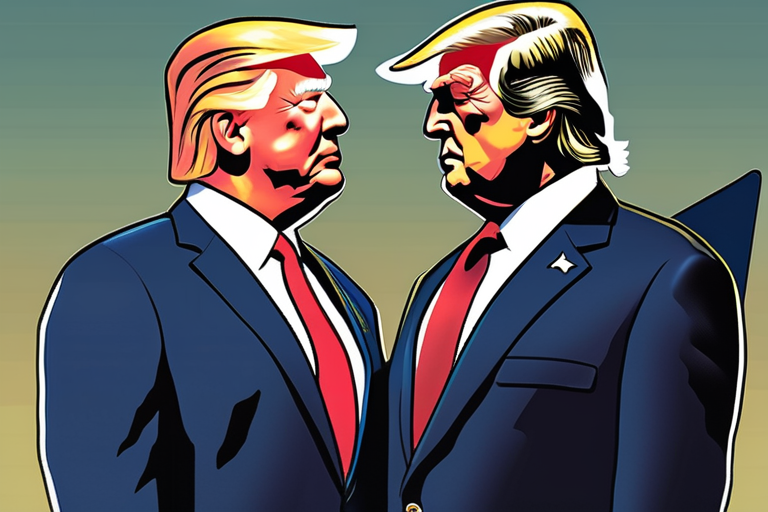

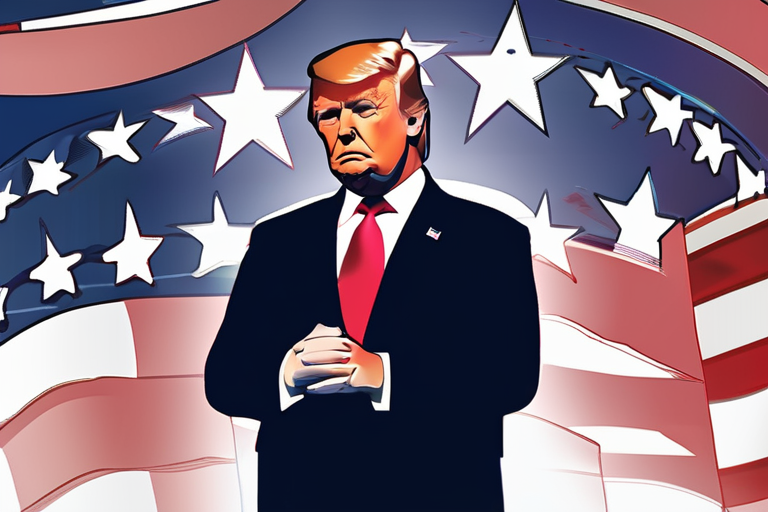
 Hoppi
Hoppi
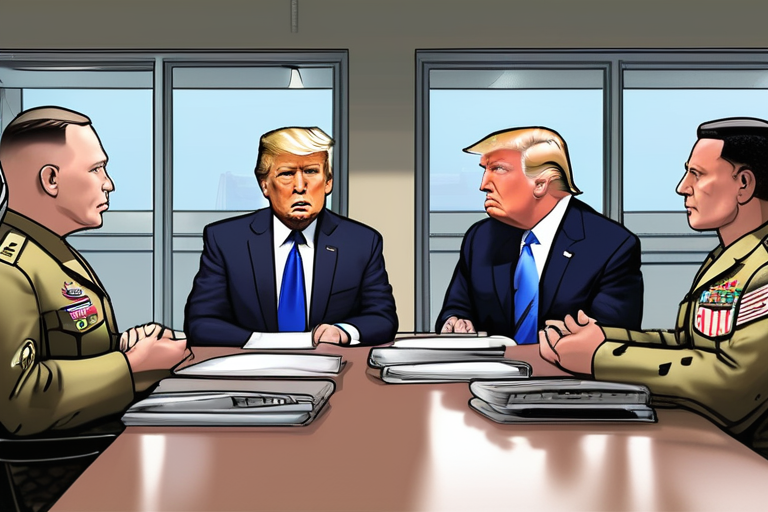
 Hoppi
Hoppi
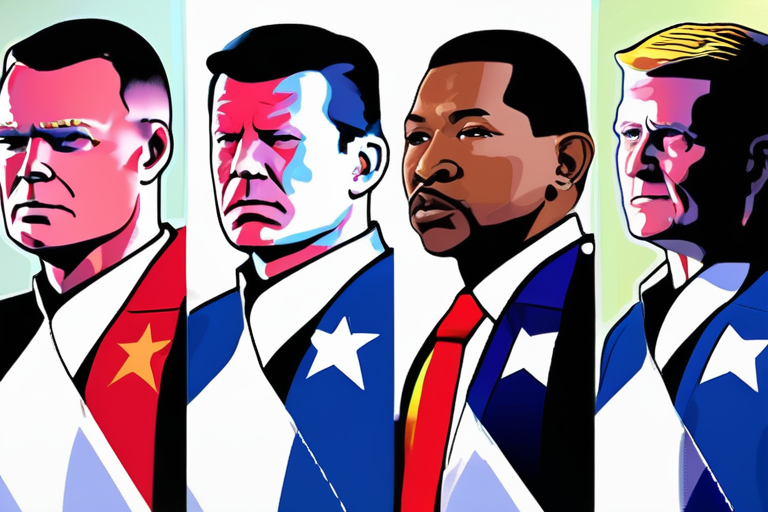
 Hoppi
Hoppi
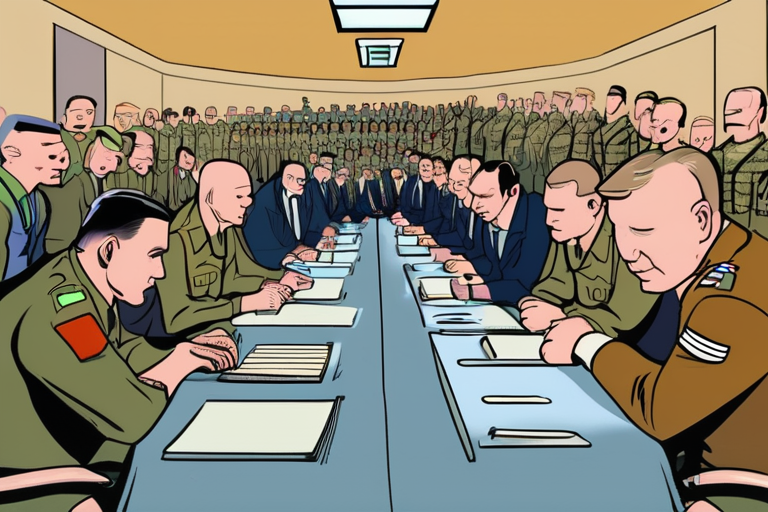
 Hoppi
Hoppi
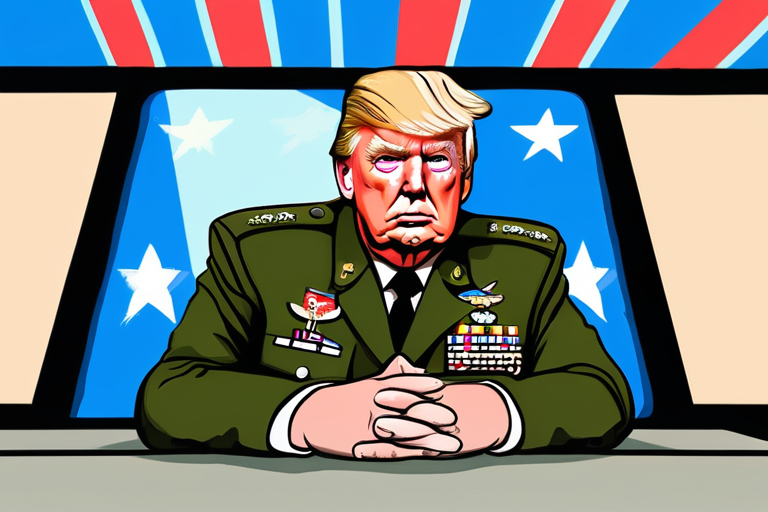
 Hoppi
Hoppi
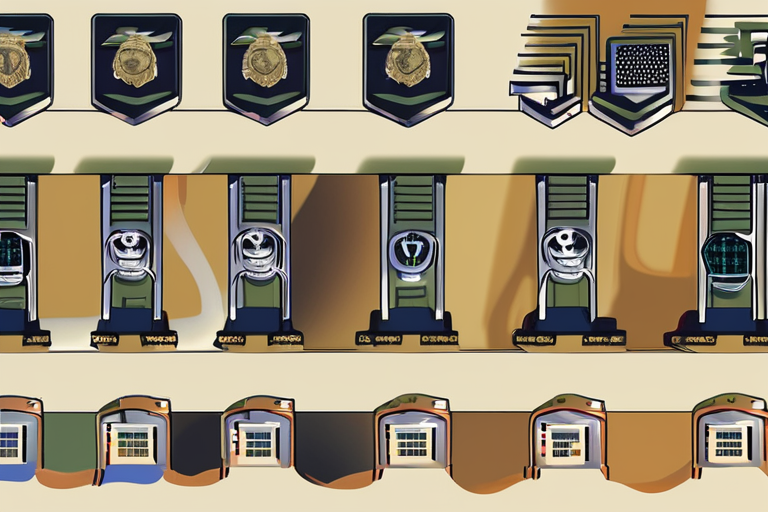
 Hoppi
Hoppi











